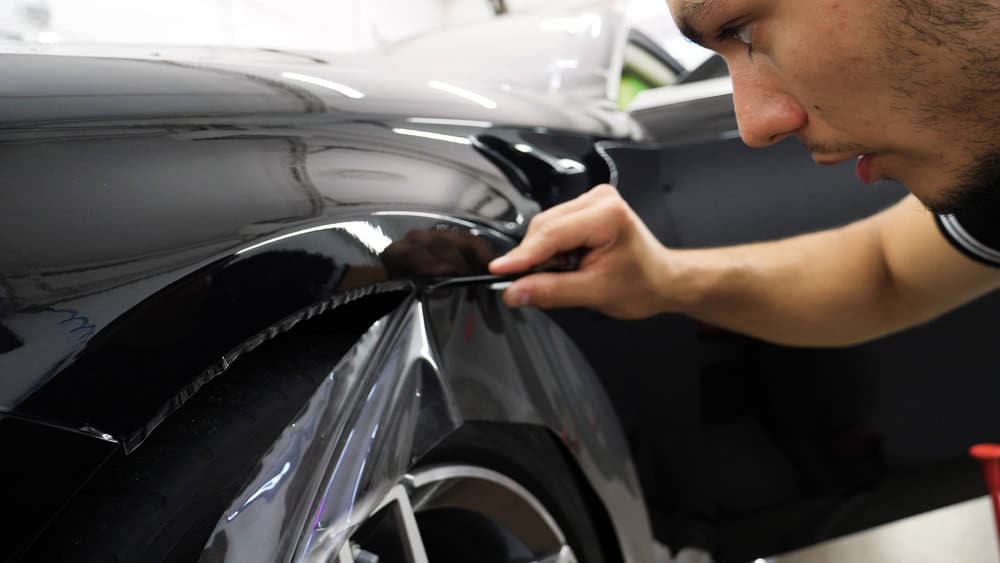What Causes Car Wraps To Fail?
Mendy
May 8, 2024

Car wraps are a fantastic way to give your vehicle a new look, advertise your business, or protect the original paintwork. That said, they’re vinyl wraps, not armored tank plating, which means they can sometimes fail if they’re not installed or maintained properly.
Here are the common reasons why they fail and how you can help stop it happening to you.
The Top Reasons Car Wraps Fail
Your Installer Did A Bad Job Wrapping Your Vehicle
Whether your wrap wasn’t correctly cut to size or the overlapping areas didn’t adhere properly, poor installation is probably why your wrap hasn’t worked out the way you hoped. With too many cuts or seam lines weakening a wrap’s integrity, especially around edges and contours, you need to make sure that whoever is installing it knows what they’re doing.
Sun And Heat Exposure On Your Car Wrap
Exposure to sunlight and high temperatures can cause car wraps to deteriorate prematurely, particularly in hot climates like the West Coast and Southwest. Prolonged exposure to UV rays can also result in fading and adhesive failure.
Bubbling On Vinyl Adhesive
Bubbling is a common imperfection in car wraps, and perhaps the most irritating, as it’s largely caused by human error. Whether your installer used the wrong combination of vinyl and laminate materials, overstretched the vinyl beyond its limits, or forgot the post-heating process, those annoying bubbles really don’t need to be there.
Did My Wrap Installer Cause The Wrap To Fail?
That’s hard to say – but always a possibility. If you’re considering a car wrap, these are the key issues you need to ask your installer about and ensure they know all about these issues when preparing your vehicle for wrap installation:
Surface Preparation On Your Car
Your car surfaces need to be clean and free from dirt, oil, grease, and wax to ensure the vinyl adheres. They might sound like a statement of the obvious but you wouldn’t believe the number of installers that don’t check to make sure.
Excessive Stretching Of Vinyl Wraps
Overstretching the vinyl, especially in deep recesses or contours like door handle cups can lead to failure. With the material struggling to adhere properly, it can soon lead to problems.
Issues With Vehicle Paint
Peeling paint, rust, or other defects on the vehicle’s surface can cause the wrap to fail prematurely. For example, we wrapped a box truck’s rear sliding door, but because of severe rust on the slats, we cautioned the client about potential failure within a year.
If you’re thinking about wrapping your car, make sure you replace any rusted or damaged parts—it’s not worth investing in a wrap unless you’re going to get at least 5 years out of it.
How To Protect Car Wraps From Failing
There are a few steps you can take that will extend the life of your car wrap.
1. Garage Storage
Park your vehicle in a garage or shaded area to protect it from prolonged sun exposure.
2. Protective Coatings
Apply a protective coating such as clear bra protective film or a ceramic coating to shield from environmental damage.
3. Regular Washing
Wash your car regularly and gently—by hand—not in a car wash.
4. Immediate Stain Removal
If a bird does its business on your car, don’t wait. Make sure you clean any stains immediately to prevent them from causing damage. Really, bird droppings are like acid.